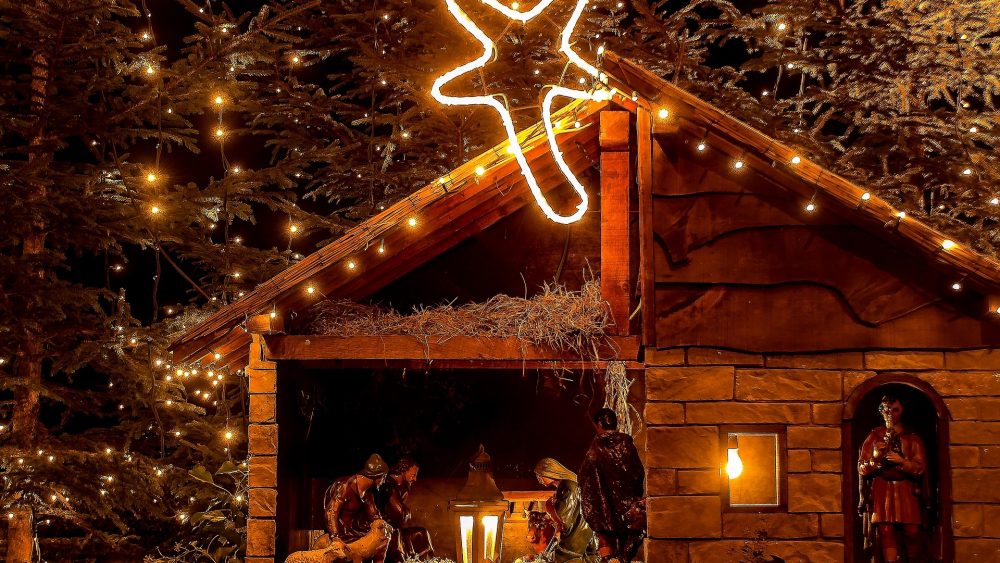Nine out of ten Australians support nativity scenes in public spaces, according to new McCrindle research released this week.
A survey of more than 1000 Australians shows only 9 per cent of Australians would prefer shopping centres and local councils to bin the manger.
Even among Australians who practise a religion other than Christianity, 91 per cent are happy to see nativities, while 86 per cent of those who have no religious beliefs are also supportive, according to McCrindle.
“The nativity scene is no neat or cosy tale, but instead is about deep human longing, pain and discomfort. It involves shame, alienation and the threat of violence … It’s a radically challenging story.” – Simon Smart, CPX
Of those surveyed, 53 per cent said nativities in public spaces are “great” and agreed that the story of Christmas is “important and should not be lost”. Another 38 per cent said the nativities should be allowed with other Christmas decorations in public spaces.
Simon Smart, executive director of the Centre for Public Christianity, isn’t surprised by the statistics. He says, “people love the traditions of Christmas they grew up with.”
“Santa sacks, and pine trees and fruit mince tarts. Even hot roast turkey and ham in baking summer heat! There is a magical feel to Christmas that is evocative of childhood and the joy and excitement of that. And the traditional Christmas story remains part of the experience for so many people, even when they mostly think of it as something for the kids,” he told Eternity.
But, says Simon, understanding the grown-up version of the Christmas story is vital.
“The nativity scene is no neat or cosy tale, but instead is about deep human longing, pain and discomfort. It involves shame, alienation and the threat of violence. But the incarnation is also rich with possibility and promise: that the universe is built on love and not chaos, that the value of human life is limitless and that God has not left us alone.
“It’s a radically challenging story. God becoming a person sounds far-fetched. And as C.S. Lewis said, this story is either of cosmic significance or no importance at all. The one thing it can’t be is moderately important. Finding a way to talk about that is a good start.”
“There’s just wonderful ways of opening a conversation to the deeper meaning of Christmas.” – Ross Clifford, Morling College
Dr Ross Clifford, the principal of Sydney’s Morling Theological College, told Vision Radio that it is important to affirm nativity scenes and carols to the shopping centres and carols organisers, when we see them, and encourage them to continue and do more. He also suggested using them as a way to start conversations with friends and family.
“You might be with friends down at the shopping centre and they might not be Christian and a carol is playing, you could say, ‘Oh, I love this carol – do you have a favourite carol?’ There’s just wonderful ways of opening a conversation to the deeper meaning of Christmas.”
The McCrindle research also found 85 per cent of Australians prefer to see and hear “Merry Christmas” as the seasonal greeting of choice, over “Season’s Greetings” and “Happy Holidays”.


